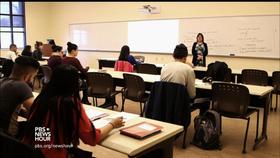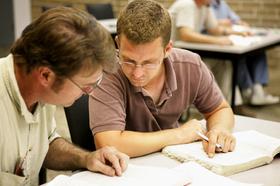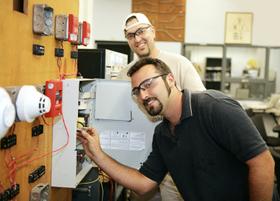Community colleges have become the go-to place for professional training of all kinds, but the benefits of these local schools extend far beyond the professional realm. Many adults head to community college to hone a craft, discover a hobby, or learn something new. Whether your interests lie in writing, gardening, or arts and crafts, a class at community college may be the perfect way to take your interest to the next level. Even if you want to delve into a subject you have never explored, a community college course may open the door to a new field of interest. Check out these non-credit courses community colleges offer to help adults in the community find new interests, hobbies, and activities.
Grow Native Plants
Carroll Community College in Maryland offers a non-credit course that teaches students to grow native plants in the area right in their own backyards. According to the Eldersburg Patch, the class is taught by a licensed landscape professional. It includes the benefits of growing native plants, identifying species, and properly caring for native vegetation. The course also teaches students how to incorporate native plants into their backyard landscape for an eye-pleasing look both homeowners and neighbors will love. Finally, students will learn how to select plants attracting natural wildlife to their property.
This video explains what's involved with cultivating native plants.
Whip Up a New Dish













































